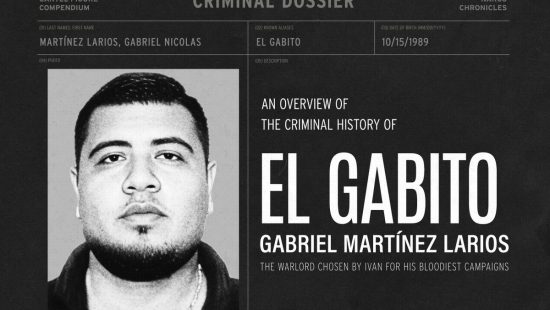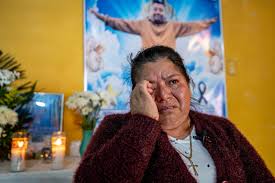As millions of Americans head to the polls this fall, they’ll trust their ballots with local poll workers. But what exactly these election workers do – and the requirements they must meet to assume this role – varies widely by state and county.
Overall, U.S. registered voters tend to trust poll workers. About nine-in-ten registered voters said in an October 2022 Pew Research Center survey that they were at least somewhat confident that poll workers in their community would do a good job during that year’s midterm elections. In fact, voters were more likely to express confidence that year in poll workers than in state officials who run elections (89% vs. 77%).
Majorities of registered voters in both parties expressed at least some confidence in poll workers in 2022. But voters who supported Democratic candidates were much more likely than Republican backers to say they were very confident (60% vs. 39%). The same pattern appeared when voters were asked about state election officials in 2022.
What do U.S. election workers do?
There are three types of election staff, but poll workers account for the bulk of them:
Poll workers are temporarily recruited to perform various duties on Election Day and the lead-up to it. Their duties can include setting up voting equipment, greeting or checking in voters, verifying voter IDs and registration, serving as language interpreters, counting ballots, and more. Poll workers hold different titles – such as election clerk, election judge, inspector, booth worker, warden or commissioner – depending on the state or county.
Election officials are elected, appointed or otherwise hired to carry out specialized activities like recruiting and training poll workers and maintaining voter rolls. They work year-round, and many have additional duties beyond election administration.
Poll watchers are not typically government employees. They’re generally appointed by political parties to observe the opening of the polls and ballot counting. They may be party or candidate representatives, members of nonpartisan groups, academics, or part of special interest groups with stakes in local ballot measures.
More than half of Americans are following election news closely, and many are already worn out








